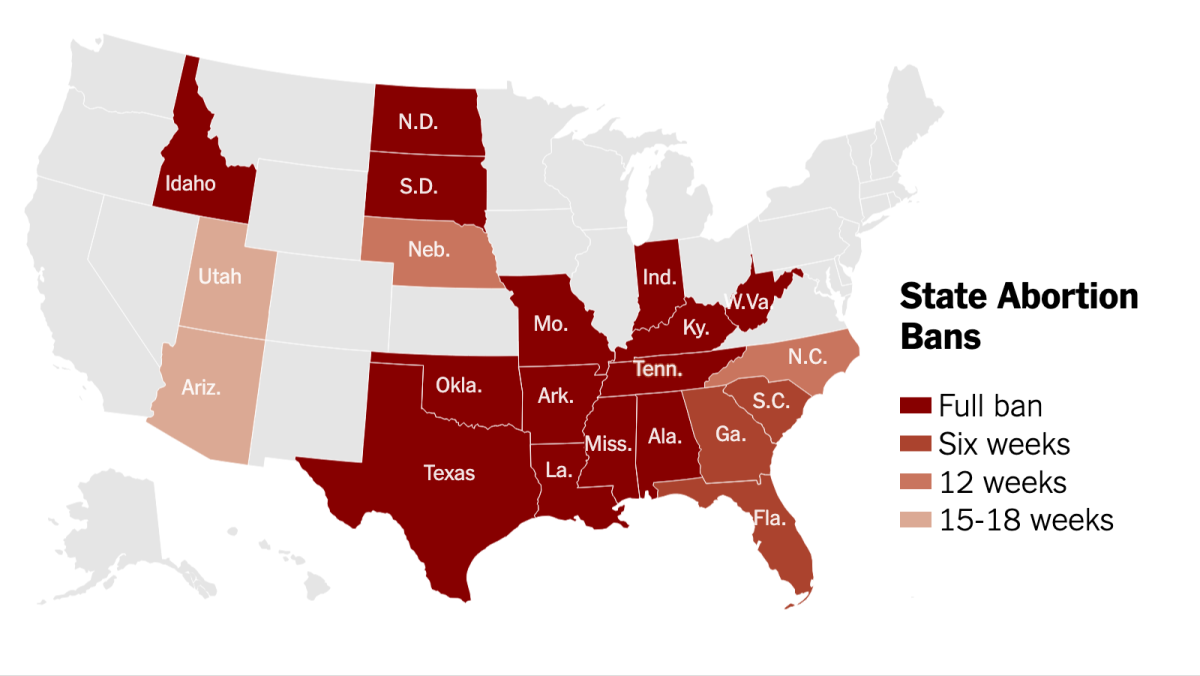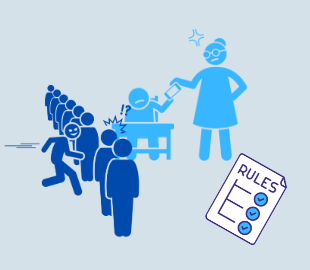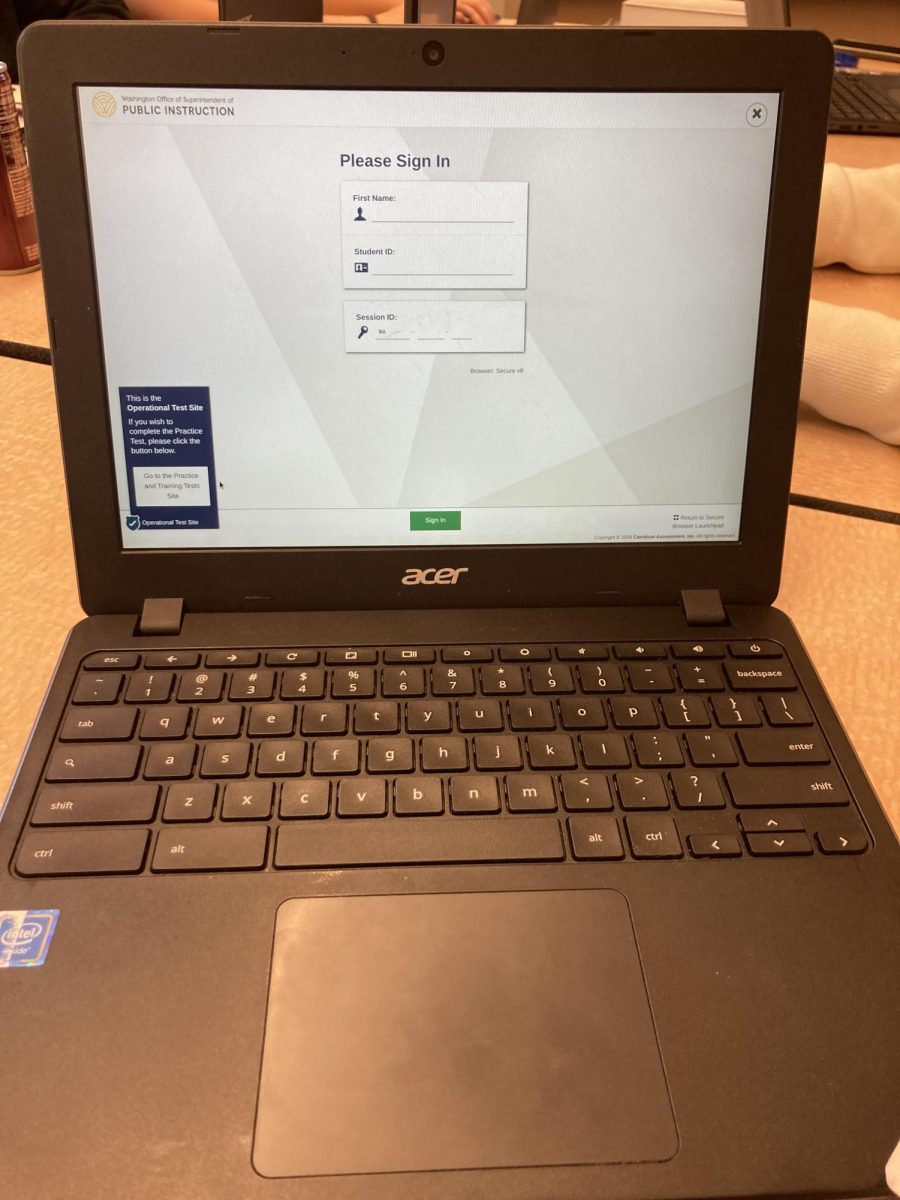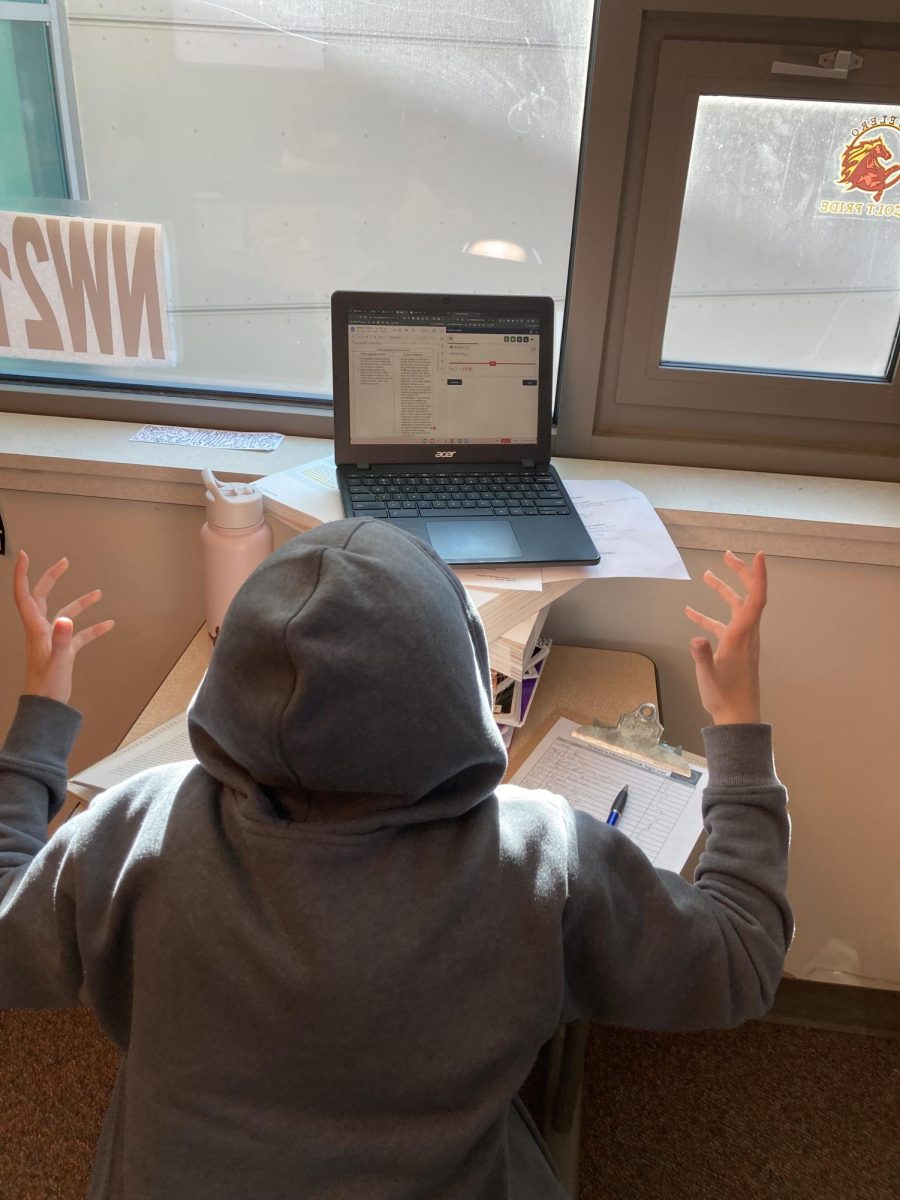Despite the opinions of adults, teenagers have a lot more to their lives than what’s on the surface. Students are balancing so many things on their shoulders; this list of things includes attending school for about seven hours, participating in after-school activities/clubs, playing sports, wrestling with educational programs like driver’s education, working a job, helping their families, and doing hours of homework. How are they expected to ‘keep their chin up’ without crumbling under the pressure to have a balance for all that they do at young ages?
There are a myriad of reasons why stress levels are so high for teenagers. A recurring theme noticed amongst students is that they are expected to act like adults while many educators enforce different policies. Some students are treated like adults and are expected to be independent and handle themselves and their schedules individually. Contrary to that, students are treated as young children, are not taken seriously, and are told they are making excuses. With these two contradicting policies, how should students know how to act their age?
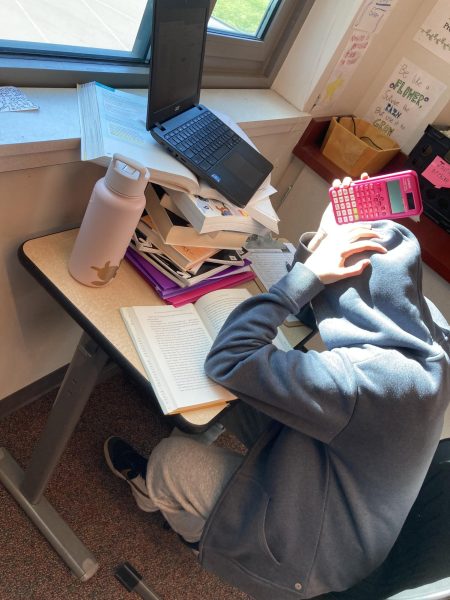
To no one’s surprise, there is a lot of controversy when it comes to students having phones. Parents assign blame to children’s phones when it comes to stress. Parents think it is bad for their children to have a device containing the wide and perhaps unlimited use of media and the internet. However, students use their phones for a variety of other things. Phones are used to take pictures of notes written on the boards, to form study group chats for classes, and to browse the internet for articles or similar problems in what subject they are struggling. Should we be assigning blame to a device instead of addressing the real issues and concerns?
While homework is sometimes a great tool to reinforce learning, it has quite a few disadvantages. Students are typically expected to complete homework daily in most of their classes. You could have 30 minutes of homework, or three hours, depending on the class. Most teachers do not offer enough if any class time to complete assignments and homework, which creates more struggle to finish assignments by due dates. Students work at different paces, and it’s wrong to have a timeline that only works for one type of student.
A huge factor of student stress is the inability to balance an overwhelming schedule. As stated before, students have a lot of activities and things besides school. So having very little help to balance it and being expected to know how to, can cause anxiety to take its place and override our emotions and how we think. If students are to act like adults but also act their age while keeping up with various homework assignments, not to mention maintaining a social life, then why is there such limited help? Why is all the help offered during conflicting times in students’ already full schedules? So who should we be assigning blame to? Teachers? Parents? Students? One thing is for sure, unreachable expectations create more problems, not less.
